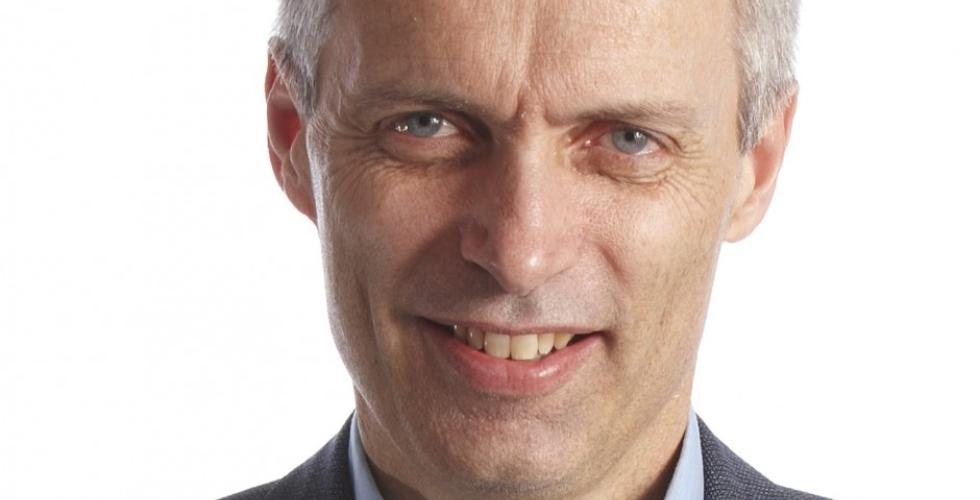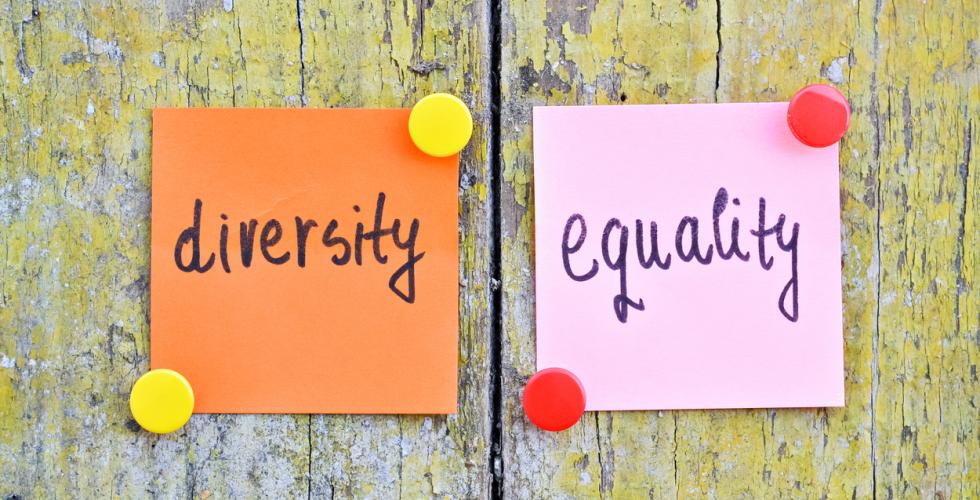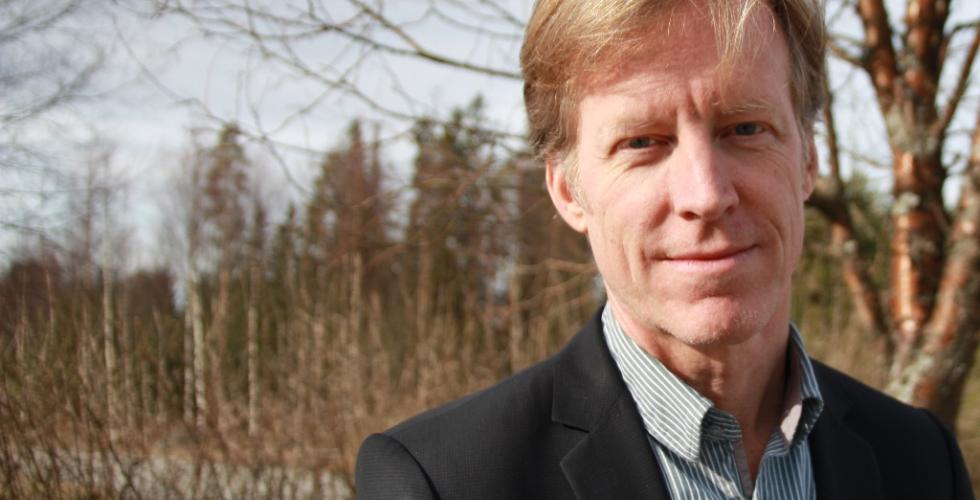Ethnic diversity challenges academia
It was high time to put more focus on ethnic diversity, according to stakeholders in academia. But there is scepticism about expanding the KIF Committee’s mandate even further.
The current Committee for Gender Balance and Diversity in Research (the KIF Committee) is in its final year. While this is the fourth committee of its kind, it is the first with a mandate that also includes ethnic diversity.
We wondered how well the expanded mandate has worked, so we called various stakeholders in academia to find out.
Myths about ethnic diversity debunked
Petter Aaslestad, head of the Norwegian Association of Researchers, was concerned at first that the committee’s gender equality work would suffer when the mandate was expanded.
“But I don’t think that gender has taken a back seat. I took part in a panel discussion in June 2016, organized by NTNU and the KIF Committee, about gender balance and gender equality in the structural change process that has been going on in recent years. I think that the KIF Committee did a good job of bringing attention to new issues related to the mergers. Suddenly we heard about certain new institutions that had no women in their management groups and other conditions I had not thought of before.”
Earlier that same year, Aaslestad attended the kick-off seminar called It’s not an advantage to be a foreigner, in which a report on career pathways and barriers for immigrants in Norwegian academia was presented for the first time. The report was prepared by the Work Research Institute and the Nordic Institute for Studies in Innovation, Education and Research on commission from the KIF Committee.
“The report was an important eye-opener for us, and resulted in a very good and much-needed debate. It’s clear this is an issue that has not been addressed much in the past. The report debunked some myths about ourselves here in Norwegian academia. Among other things, there was discussion of how nepotism rules, even though we think we are the most democratic.”
Read: Immigrants want to be included, but aren’t
Aaslestad points out how ethnically white the labour movement in academia is, which he represents.
“We are not particularly good at embracing people from different ethnic backgrounds. Fafo conducted a study in four local groups of the Norwegian Confederation of Trade Unions in which non-ethnic Norwegians were asked why they did not step forward to serve as employee representatives. They responded in part that nobody had asked them to serve, and partly that they thought the internal labour union jargon was too inaccessible.”
So far Aaslestad thinks that the committee should continue to focus on gender and ethnic diversity, and not be given an even broader mandate.
“Let’s allow this work to continue along the same lines that the committee has followed in the past four years. Don’t come up with something new now.”

Choose not to work in academia?
The Young Academy of Norway was founded in 2015, so it has not had dealings with the KIF Committee under previous mandates. However, Arnfinn H. Midtbøen, a member of the Academy, took part in the breakfast seminar organized by the KIF Committee in December 2016 on diversity in Norwegian academia.
“In the Academy we are concerned with the issue of ethnic diversity, although we have not managed to prepare any points for the work programme in this area yet.”
Midtbøen wears several hats, as a sociologist and a researcher at the Norwegian Institute for Social Research, where ethnic diversity in working life is one of his research fields.
“It has always been important to focus on gender balance in academia, so we welcomed the KIF Committee when it was established. But now we see how academia is quickly being internationalized as more and more academics from abroad are coming to Norway. At the same time, there are changes happening inside Norway. Many children of immigrants pursue a higher education, and some of them will choose a career in research. These are changes, from both within and without, that will only continue, so it’s crucial that we have a committee that looks at the opportunities and challenges inherent in these change processes.”
The KIF Committee’s most important task will continue to be as a stakeholder that helps to raise awareness at the institutions about developments in the field.
“For one thing, the committee can continue to fund smaller research projects that help to set the agenda. But it’s also important to continue to work closely with the individual institutions in order to continually remind them of the need to think systematically about gender and ethnic diversity. My impression is that discussions about diversity in academia – both in the public debate and in research on the topic – often involve gender balance or challenges and opportunities arising from the increase in international researchers. However, we must not forget the importance of recruiting Norwegians with an immigrant background to academia. If so few of them choose research as a career, the question is whether this is because of particular characteristics of academia that cause them to be excluded or not feel at home there, or whether they only want to go down a different career path. This is an under-researched field, and so far we have very few answers to this question,” says Midtbøen.
The Institute for Social Research has recently received funding for a large Nordic research project, called NORDICORE, in the area of gender balance and ethnic diversity in academia.
“Through this project we can produce important new knowledge in the coming years, which we hope the KIF Committee can help to disseminate.”
Read: On a mission to solve the Nordic gender paradox
According to Midtbøen, it is natural to discuss further expanding the KIF Committee’s mandate to include other forms of discrimination.
“By the same token, such an expansion would of course complicate the committee’s work. But it would not surprise me if the mandate is expanded to include disabilities, for example, if not now then the next time around.”
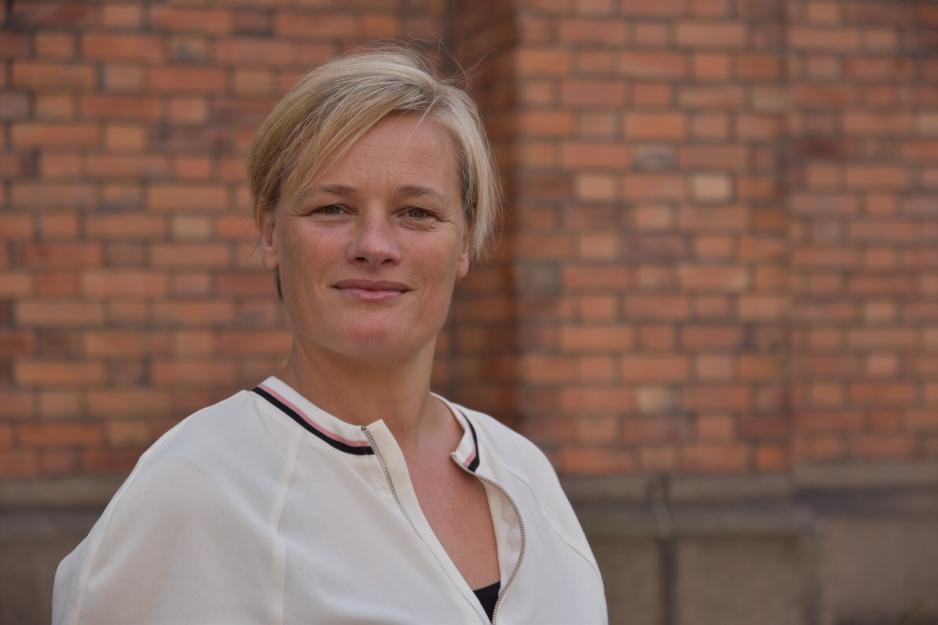
“Strange to have all white researchers”
Lene Nilsen is a senior adviser in the communications department of the Equality and Anti-discrimination Ombudsman. Her area of expertise is politics and social change, and she spends most of her days working to influence policy.
“I think it’s good that the committee’s mandate was expanded, especially when it can look at gender equality in connection with other forms of discrimination. What I’ve noticed in particular is how the KIF Committee has done a good job of conveying knowledge through social media. And yes, I see that there has been more focus on diversity and not only on gender balance. I see especially on Twitter that Ella Ghosh from the committee’s secretariat has been active, and that’s great.”
As Nilsen points out, there is currently a lot of debate about integration and what it means to be Norwegian enough.
“I think there are strikingly few researchers with an immigrant background who participate in or who are invited to take part in the debate, and I think that’s strange. For example, Statistics Norway recently presented statistics on living conditions for immigrants, and everyone on the discussion panel was white.”
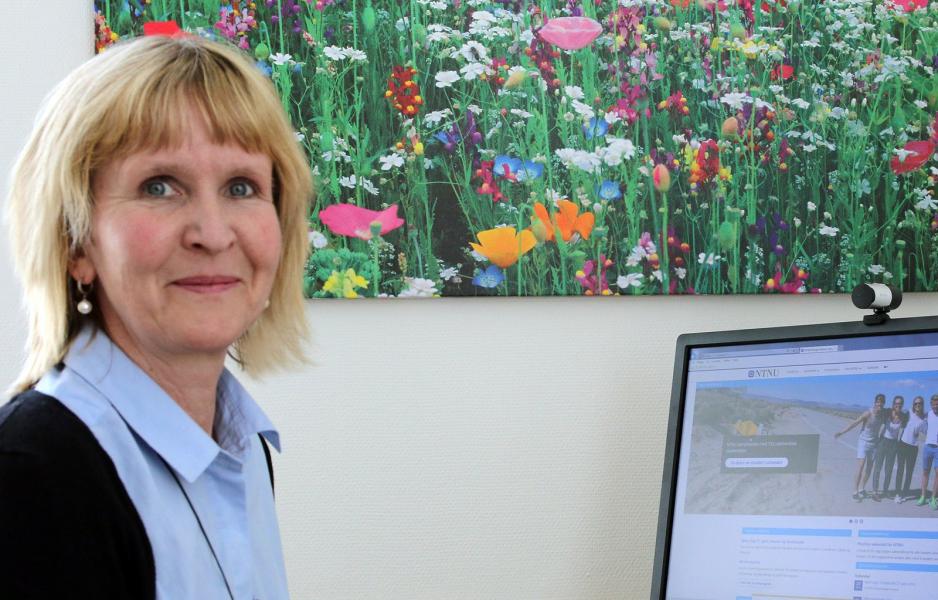
“We need a nudge”
Employees at the Norwegian University of Science and Technology (NTNU) represent 90 different nationalities.
“We have many examples showing that our academic departments are good at welcoming employees from abroad and building teams that work well. But we don’t have a well-developed personnel policy or overall strategy for ethnic diversity. This is why we feel the KIF Committee’s mandate is important, but challenging,” says Ida Munkeby, Director of Organization at NTNU.
Last year, NTNU appointed a committee to prepare a new policy and action plan for gender equality and ethnic diversity, as the KIF Committee urges institutions to do.
“Plans called for the board to review the committee’s work this June, but we need more time, from now until October. The reason is that this broader perspective requires much more thought than when we ‘only’ worked with gender equality. We have been working in-depth with gender balance for a long time, and we have a lot of experience to show for it. But when it comes to ethnic diversity, we started from scratch for the most part.”
They discussed the expansion internally when the new mandate was issued.
“We were a little worried that it would take attention away from the important work with gender equality, as we still have major challenges related to achieving good gender balance in some positions here. However, we see that we have benefitted from getting a little nudge so that we have more focus on ethnic diversity.”
For this reason, Munkeby would like to see the KIF Committee organize even more meeting places in the future.
“The sector needs some training arenas or seminars where we can focus on how we should work well along all axes. It’s important to ensure that learning takes place across the institutions.”
And because of the ground-breaking work that must be done in the sector to achieve more ethnic diversity, Munkeby hopes that the KIF Committee’s mandate is not expanded further in the first round.
“I think it would be risky, since we have still not gained enough experience with how the current mandate works.”
Translated by Connie Stultz.
In 2014, the Committee for Gender Balance and Diversity in Research (the KIF Committee) was given a new name and an expanded mandate. At that time, the KIF Committee was charged with working not only with gender balance, but also with ethnic diversity in the research sector.
Read: Mandate for the Committee for Gender Balance and Diversity in Research (KIF)
The committee has been appointed for the period from 1 January 2014 to 31 December 2017.
See: Members

